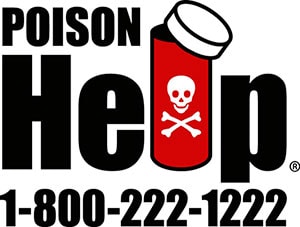Poison center calls regarding synthetic cannabinoid spike by 229% over a 6 month period in 2015
What was the problem?

For the first 5 months of 2015, poison centers received more calls about synthetic cannabinoids than ever before—from both the public and healthcare providers.
What did CDC do?
CDC’s Health Studies Branch worked with the American Association of Poison Control Centers (AAPCC) to identify and evaluate calls made to poison centers about synthetic cannabinoid exposures across the United States. Poison centers reported receiving 3,572 calls from 48 states about synthetic cannabinoid use from January through May 2015, a 229% increase from the 1,085 calls during the same period in 2014. The 2015 numbers included a spike of 1,501 calls in April alone.
Most calls were about exposures among males (2,882 or 80.7%). Among the 3,442 calls that reported age, the range was from 7 months to 72 years, with equal numbers of callers below and above age 26.
Reported health effects ranged from none or minor effects to death. The most frequent adverse health effects reported were
- Agitation: 1,262 cases (35%),
- Rapid heartbeat: 1,035 cases (29%),
- Drowsiness/lethargy: 939 cases (26%),
- Vomiting: 585 cases (16%), and
- Confusion: 506 cases (14%).
There were 15 deaths reported (0.5%). In addition, males were more likely to have a severe outcome compared to females (89% versus 80%), and a higher proportion of patients older than 30 had a severe outcome compared with patients 10-19 years old.
How did the investigation help protect the public’s health?
CDC’s Health Studies Branch published an article about this investigation in Morbidity and Mortality Weekly Report (MMWR), which highlighted the usefulness of poison center data in detecting and tracking exposures to synthetic cannabinoids nationwide. The article resulted in many interviews with local and national news outlets and over 100 news articles on the topic. The investigation and resulting media coverage increased awareness of the ongoing issues with synthetic cannabinoids and the dangers of using these illegal products.